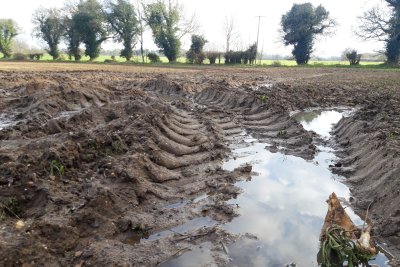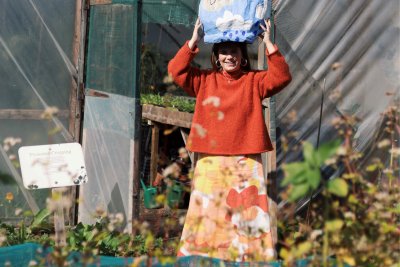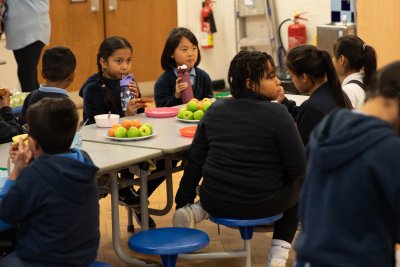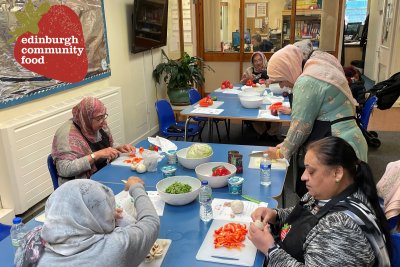Blogs • Sustainable Farming Campaign
Has Covid-19 stopped all work on agriculture policy
While crisis support programmes are set up across the country, behind-the-scenes work on the new Ag bill has ground to a halt. But, says Sustain’s Vicki Hird, this is not time to give up…
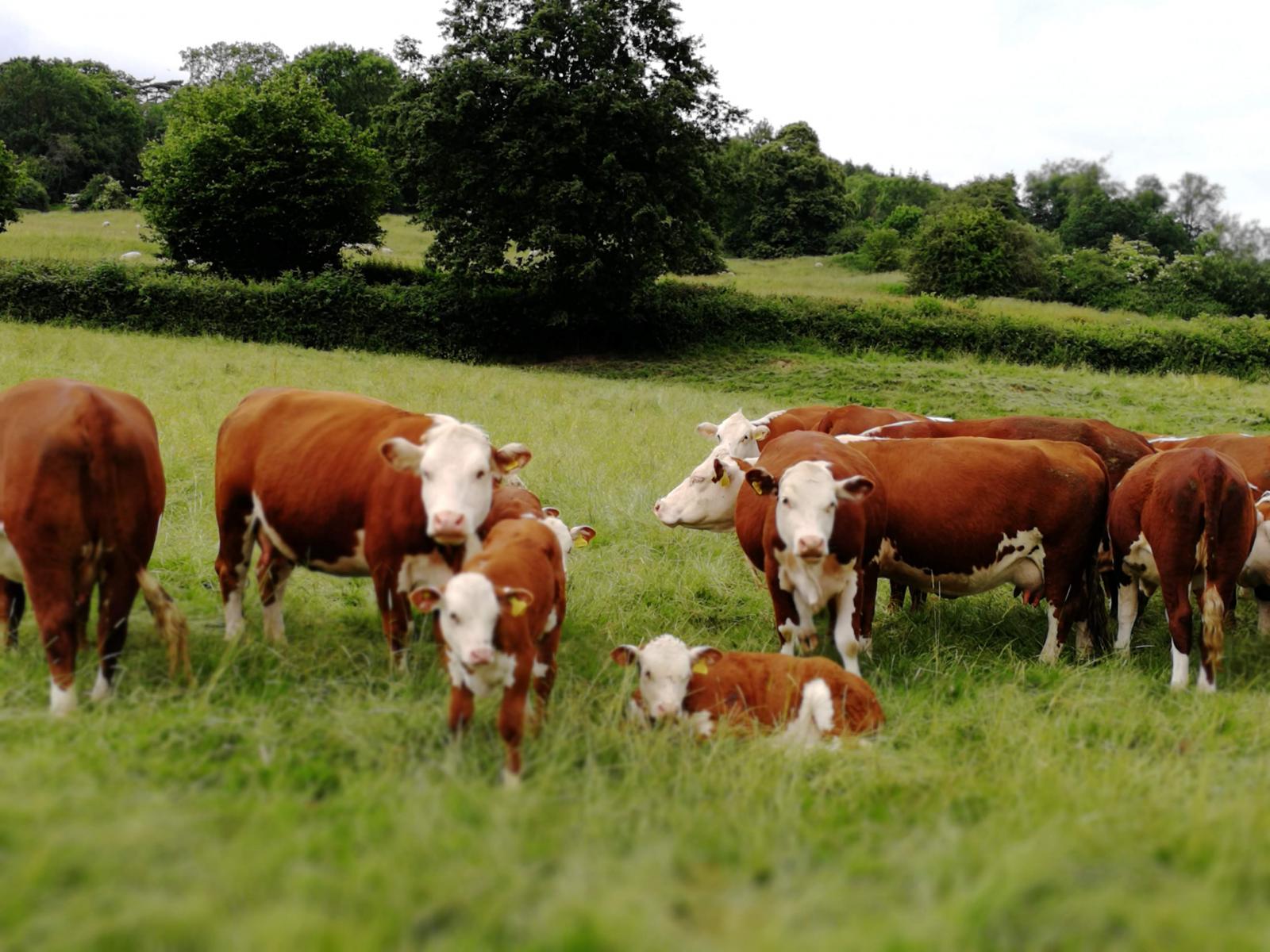
Before we start on longer term farm policy, it is worth mentioning that Sustain has been busy setting up crisis support programmes in key areas including supply chains, helping vulnerable groups and local markets. You can check them out here, and they will be updated. This is to help members and others during the crisis, as well as to ensure what happens now and after provides a progressive, sustainable future rather than embedding further the worst of the supply chain problems into the food system. We’ve also produced blogs on key issues and to direct people to good sites for purchasing direct. Do let us know if you have any resources, links and ideas we can share. And do promote the Land Workers Alliance petition to Ministers on resources needed to ensure resilience in UK farming during and after the crisis.
Onto more everyday matters, the Agriculture Bill process has stalled (I can’t quite believe I am writing that, again … I will still be working on Bill amendments when I retire…), so there is not too much to report. New amendments have been tabled by MPs, including one we have promoted on whole farm agro-ecological systems (amendments 18 &19). The new Clauses MPs have tabled relating to trade deals still have the most MP support, but they are opposed by government. We were working with a major stakeholder group to craft new amendments in this area to protect standards and will continue in the hope that the Bill will return soon. Defra Bill staff too have been directed to Covid-19 work.
We must remain vigilant and in discussion with MPs where possible on what the Bill should deliver. There is a small risk that the Covid-19 crisis will push the government into making the Bill more of a basic 'food supply' Bill, with a lower prioritisation on sustainability, environment and fairness which we should resist if it happens. The Bill needs to ensure we have a food supply but should be on a basis of sustainable supply and fair market returns.
MPs are returning this week and the Bill is still not scheduled into their work so far. But it is worth noting the MP's Environment, Food and Rural Affairs Committee has launched an inquiry into food supplies and Covid-19, which will inevitably look at whether the Agriculture Bill should be amended. Do submit your ideas and experience if you can by the deadline 1st May.
Some progress on the English Environmental Land Management scheme (ELMS) is still taking place. Defra seems keen not to lose momentum after three years of development work. Sustain and many other organisations and stakeholders (including farmers and landowners) will be drafting responses to the ELMS Discussion paper and wider policy paper. The actual consultation has been put on pause during the crisis but Defra staff say it is still a priority but key stakeholder groups, ie farmers, will be rather busy over April and May with food market upheavals and worker issues due to Covid-19. A roadshow and set of webinars have all been put on hold too. You can sign up to the Defra e-alert to receive information about future engagement plans.
The ELMS timetable was to consult on the top line design and run tests and trials in 2020 (which are still happening but some will be delayed), launch a full pilot of the scheme on a small portion of farms at the end of 2021, and roll out the full scheme to all farmers in 2024. This timetable was also aligned with the removal of the Basic Payment Scheme (BPS), which is currently due to be gradually reduced according to farm business size from 2021. Farm unions are pressing hard to delay this, as farmers need to deal with the crisis rather than longer term change, and they fear farmers will not manage without their current level of direct support.
As the cuts in BPS were going to pay for the cost of the ELMS roll out, this means there is a chance the whole timetable may be put back possibly by a year or more. The calls for a delay are understandable. But there is a strong reason for keeping ELMS timetable as it is and finding the money to pay for it from elsewhere. Farming needs to be supported in the major transition towards more nature and climate friendly systems and building ecological resilience.
In addition, any suggestions that ELMS is a replacement for BPS needs to be stopped. It is not a substitute or subsidy as such but a whole new contract between farmers and the public based on delivering public benefits. The good ideas embedded in the new scheme and the crisis in climate, nature and other issues which ELMS can start to help with have not gone away. So we need ELMS to stay on track even if BPS changes are delayed.
Other key issues include the significant advisory and training needs, spatial prioritisation, payments design, regulatory baselines and how the tests and trials are helping provide valuable evidence on how the scheme elements may work. There is a long way to go, and it is clear much is still to be worked out especially what the ELMS pilot can be used to assess. Do respond to the consultations when they reopen. The other national schemes in Wales and Scotland also will be of value given they are using different approaches.
As not all our food is produced here, it is good to see Defra publish a new paper from their independent Taskforce on global supply chains. A quick glance suggests this is a useful exploration of the issues, vulnerabilities and harm created in global supply chains (food miles anyone?) but possibly with a weak set of recommendations given the big climate, nature and social crises related to global sourcing.
A final word to send a heartfelt thank you to all those who work in our food system. You are valued.
This blog is an updated version of one published in the ORFC newsletter.
Contact Vicki through vicki@sustainweb.org or follow her on Twitter @vickihird
Published Monday 20 April 2020
Sustainable Farming Campaign: Sustain encourages integration of sustainable food and farming into local, regional and national government policies.
